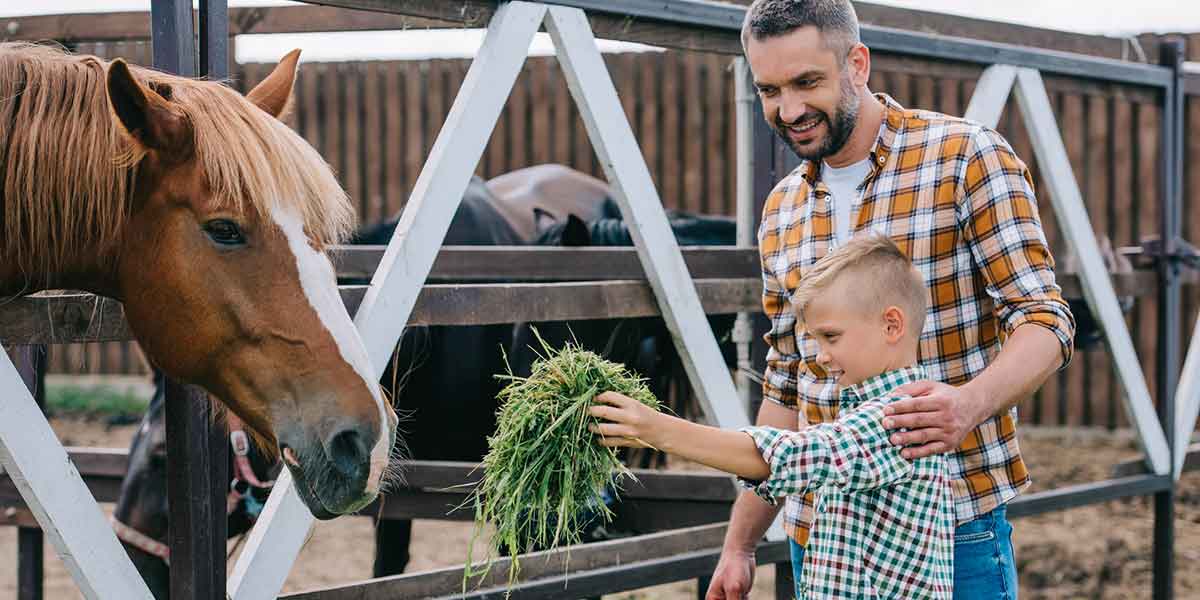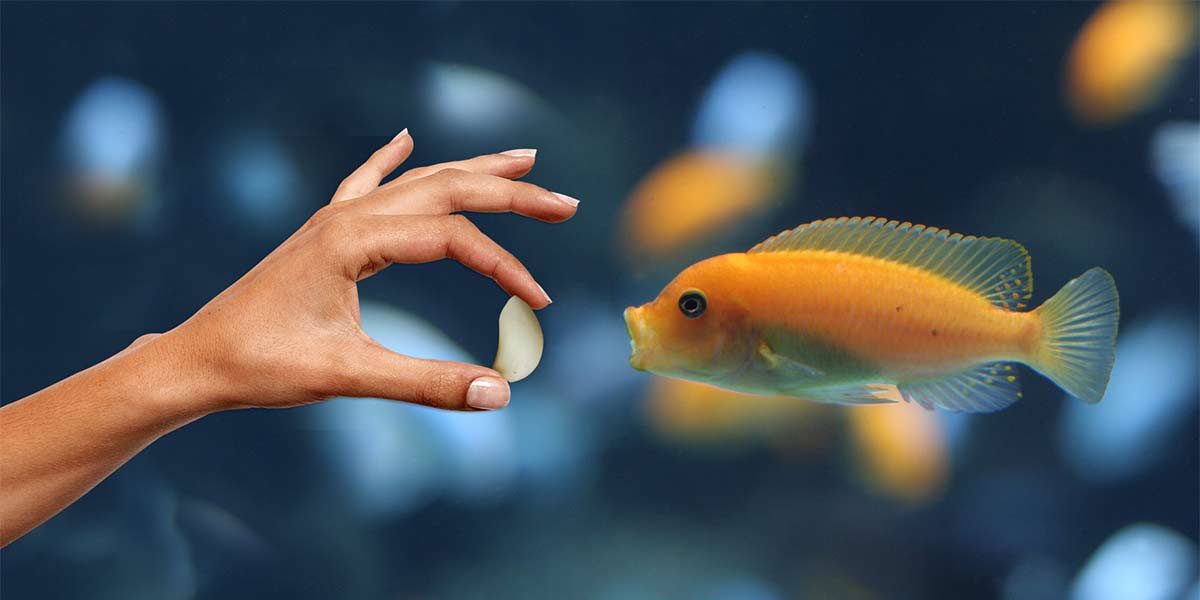- What should I feed my animal/pet?
Answer: Animals have different dietary needs. For dogs, for example, a balanced diet of high-quality commercial dog food formulated for their age and size is recommended. Cats, on the other hand, require a diet high in protein derived from animal sources, so opt for commercial food that meets their nutritional needs. - Can I give table scraps to my animals/pets?
Answer: While it can be tempting, feeding table scraps to your animals/pets is generally not recommended. Human food often contains spices, seasonings, or additives that can be harmful to animals. Additionally, some human foods like chocolate, onions, grapes/raisins, or avocados are toxic for pets. Keep feeding the pet food that was made especially for them. - How often should I feed my animal/pet?
Answer: The frequency of feeding your animal/pet depends on the type of animal and its age. For dogs, for example, it is generally recommended to feed them twice a day, once in the morning and again in the evening. Puppies, however, may require more frequent meals due to their higher energy needs. Cats, on the other hand, are typically fed two to three times a day. Small animals like hamsters or rabbits usually require food refills once a day. It’s important to follow the specific feeding guidelines provided by your veterinarian or pet food manufacturer, as each pet’s nutritional requirements may vary. Remember, maintaining a consistent feeding schedule is crucial for your pet’s overall health and well-being. - Should I feed my animal/pet wet or dry food?
Answer: Both wet and dry pet food options have their advantages. Dry food is more convenient, promotes dental health, and has a longer shelf life. Wet food provides extra hydration, can be beneficial for cats who don’t drink much water, and often has more flavor. A combination of both can be a good compromise for many pets. - Is it necessary to give treats to my animals/pets?
Answer: While treats can be a great way to show some love or reinforce training, they should only be given in moderation. Treats are often high in calories, so make sure to adjust your pet’s regular meals accordingly to prevent weight gain. Opt for healthy, specially-made pet treats or offer small portions of pet-safe fruits and vegetables. - How can I ensure my animal/pet maintains a healthy weight?
Answer: To maintain a healthy weight, assess your animal’s/pet’s body condition regularly and consult your veterinarian if you have concerns. Follow recommended feeding guidelines for their age, weight, and activity level. Avoid overfeeding, measure portions accurately, and provide regular exercise to keep your pet fit and in good condition. - Can I feed a homemade diet to my animal/pet?
Answer: While homemade diets can be an option, formulating a nutritionally balanced meal for your pet requires careful consideration. Dogs, for example, often require the inclusion of specific nutrients like calcium, while cats have more specific dietary needs, such as taurine. It is best to consult with a veterinarian or veterinary nutritionist to ensure your homemade diet meets your pet’s nutritional requirements. - Should I give my animals/pets supplements?
Answer: Most well-balanced commercial animal/pet foods already contain essential vitamins and minerals. Therefore, giving additional supplements is usually unnecessary unless recommended by a veterinarian. Certain specific health conditions or dietary restrictions may require supplementation, but it’s important to consult a professional before adding any supplements. - How can I transition my animal/pet to a new food?
Answer: When switching your animal’s/pet’s food, do it gradually over a 7-10 day period. Start by mixing small amounts of the new food with their regular food, gradually increasing the proportion of the new food while decreasing the old food. This gradual transition helps prevent digestive upset and allows your pet to adjust to the new food more easily. - What should I do if my animal/pet is a picky eater?
Answer: Some animals/pets can be finicky with their food. Start by offering them a variety of high-quality animal/pet foods suited to their needs. If they persistently refuse to eat, consult your veterinarian to rule out any underlying health issues. Avoid giving in to their demands by constantly changing their food, as it may reinforce the picky behavior. It is best to stay consistent and offer the same food at regular intervals. - What types of food should I feed my animal/pet?
Answer: Feeding your animal/pet a balanced and nutritious diet is essential to keeping them healthy. Make sure you choose high-quality pet food that fits your pet’s needs. If you have a dog, look for dog food that contains a good mix of protein, carbohydrates, healthy fats, vitamins, and minerals. Consider their size, breed, and activity level when selecting the right type of food. For cats, for example, opt for cat food that includes high levels of protein and essential amino acids. Remember to avoid giving them human food, as certain ingredients can be harmful to their health. For specific diet advice tailored to your animal/pet, always seek guidance from your veterinarian. - How much food should I give my animal/pet?
Answer: The amount of food you should give your animal/pet depends on their age, size, and breed. It’s important to follow the guidelines provided by your animal’s/pet’s veterinarian or the food packaging. Generally, you can start by measuring out the recommended portion according to your animal’s/pet’s weight and divide it into multiple meals throughout the day. Monitor their weight and adjust the portion as needed. Remember to provide fresh water at all times. Additionally, be mindful of treats and table scraps as they can add up to their daily calorie intake. Regularly consult with your vet to ensure you’re meeting your pet’s nutritional needs. - Are there any foods that are unsafe for my animal/pet?
Answer: Yes, there are certain foods that can be unsafe for your animal/pet. Some common foods to avoid feeding your animal/pet include chocolate, onions, garlic, grapes and raisins, caffeine, alcohol, and certain nuts such as macadamia nuts. These foods can be toxic and cause various health problems for your animal/pet, ranging from digestive issues to organ failure. It’s important to keep these foods out of your animal’s/pet’s reach and be cautious when sharing your meals with them. Always consult your veterinarian if you suspect your pet has ingested any harmful food or if you have any concerns about their diet. - What are the benefits of a balanced diet for my animal/pet?
Answer: A balanced diet is essential for your animal’s/pet’s overall health and well-being. It provides them with the necessary nutrients, vitamins, and minerals to support their immune system, promote proper growth and development, and maintain a healthy weight. A balanced diet can also prevent certain health issues such as obesity, diabetes, and heart disease. It ensures that your animal’s/pet’s coat is shiny, their teeth are strong, and their digestion is optimal. By feeding your animal/pet a balanced diet, you are giving them the best chance at a long and happy life. Consult with your veterinarian to determine the specific dietary requirements for your pet’s breed, age, and health conditions.
Feeding Animals FAQ




